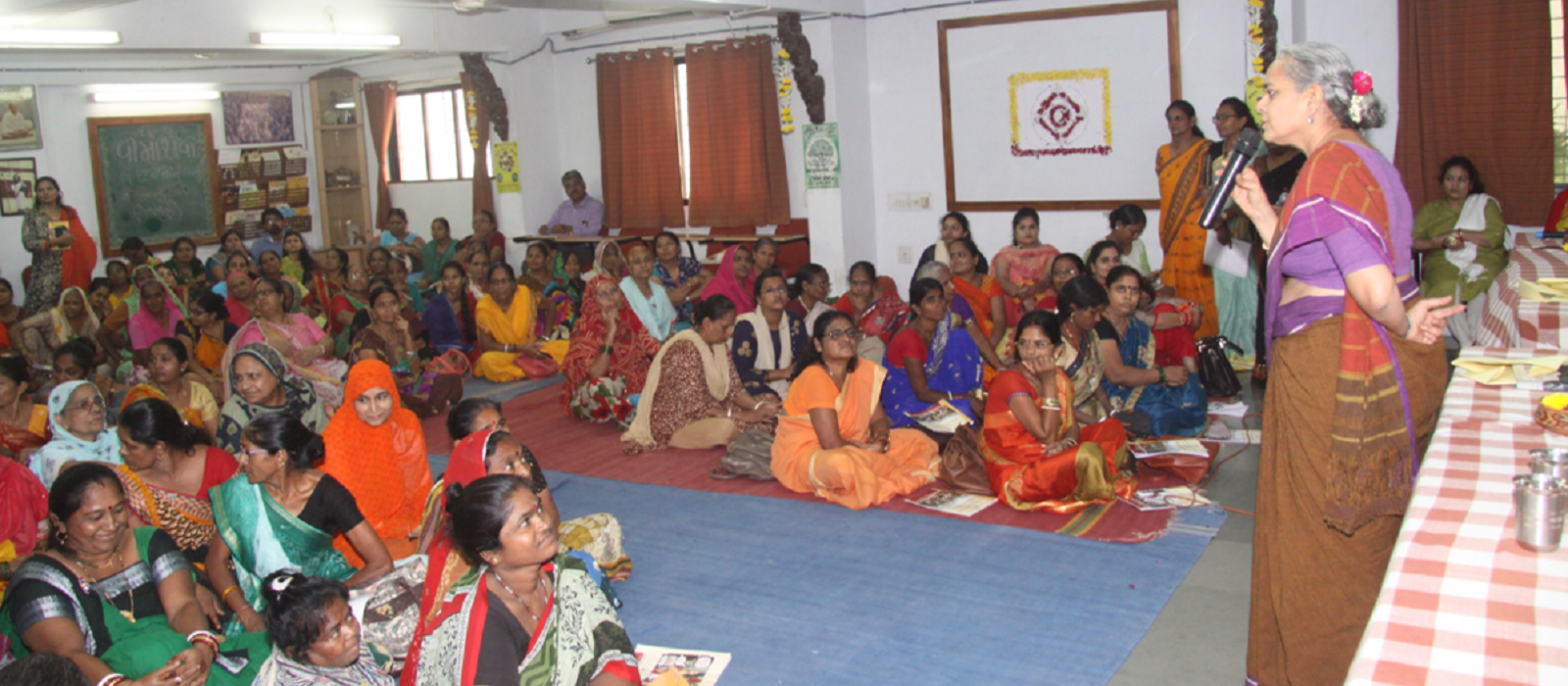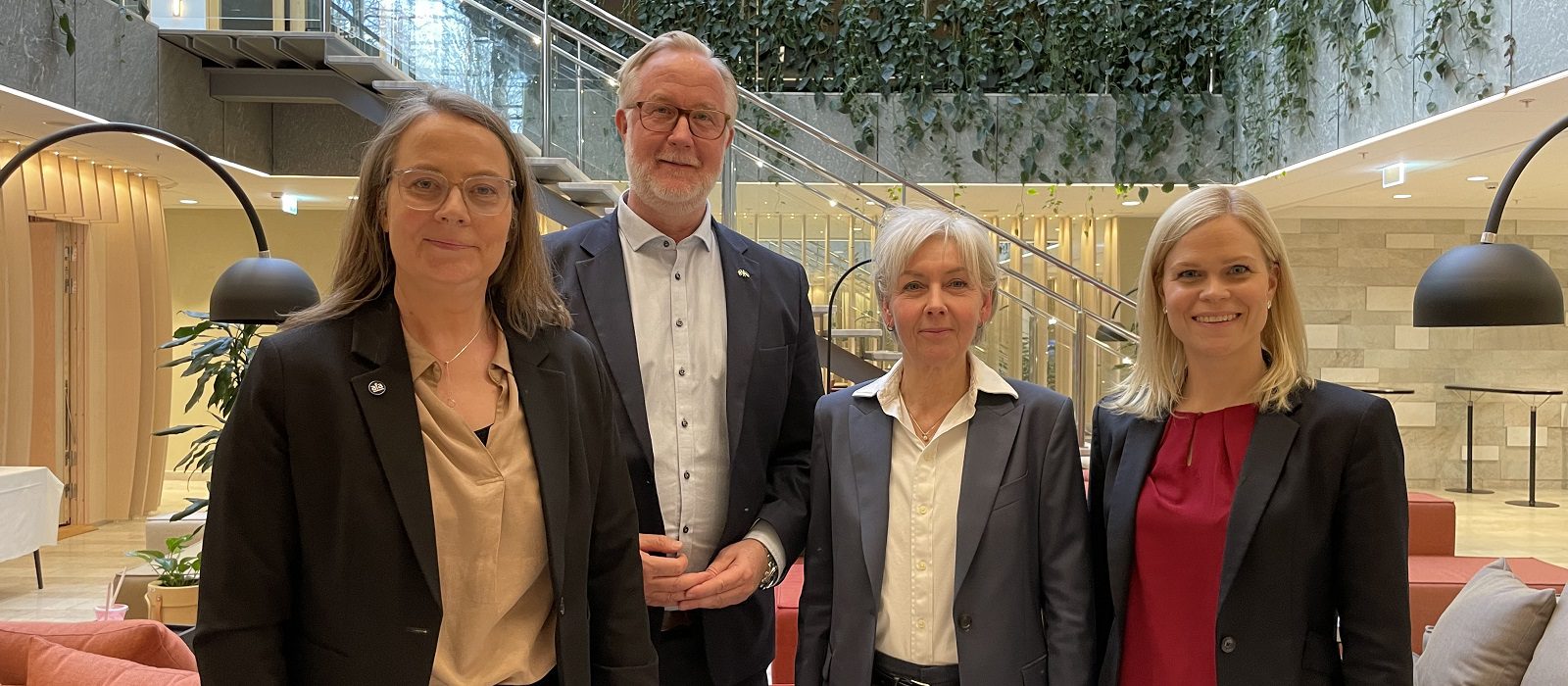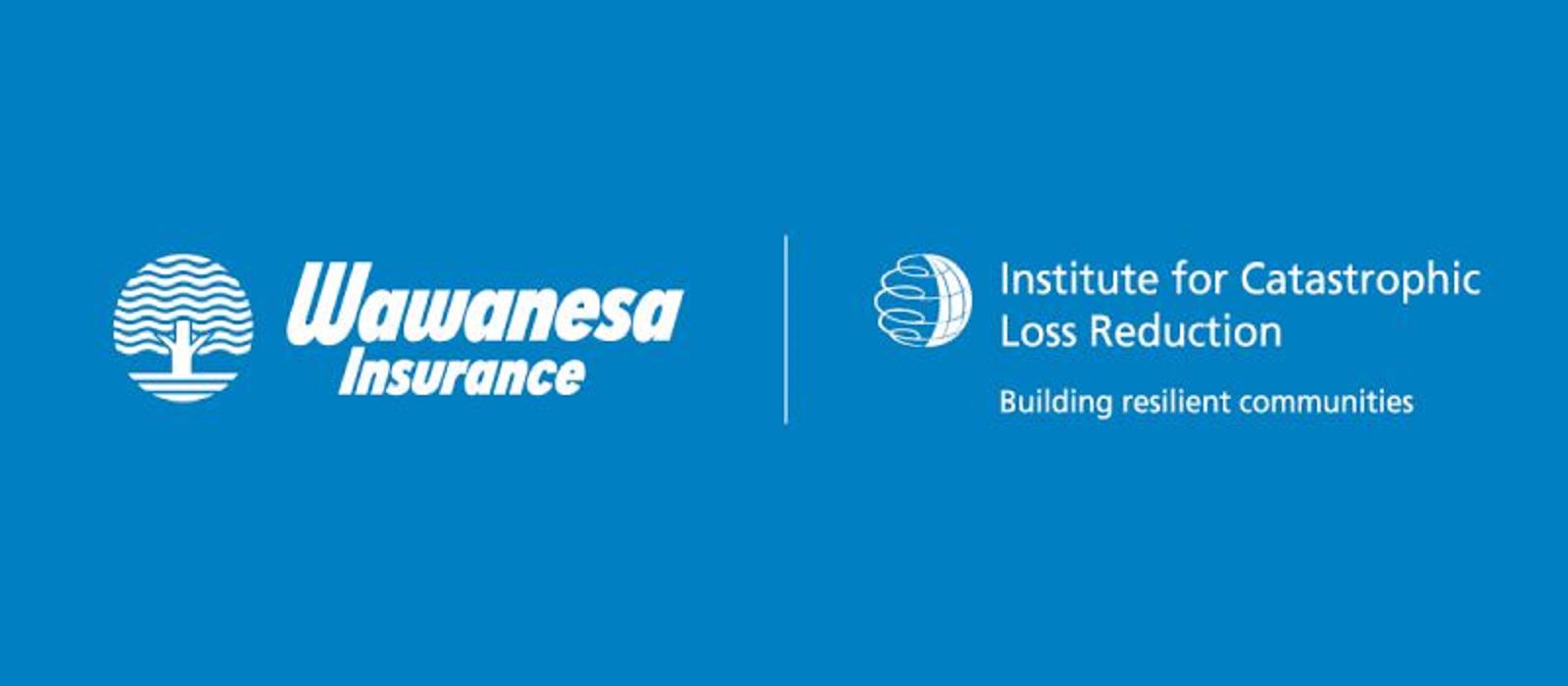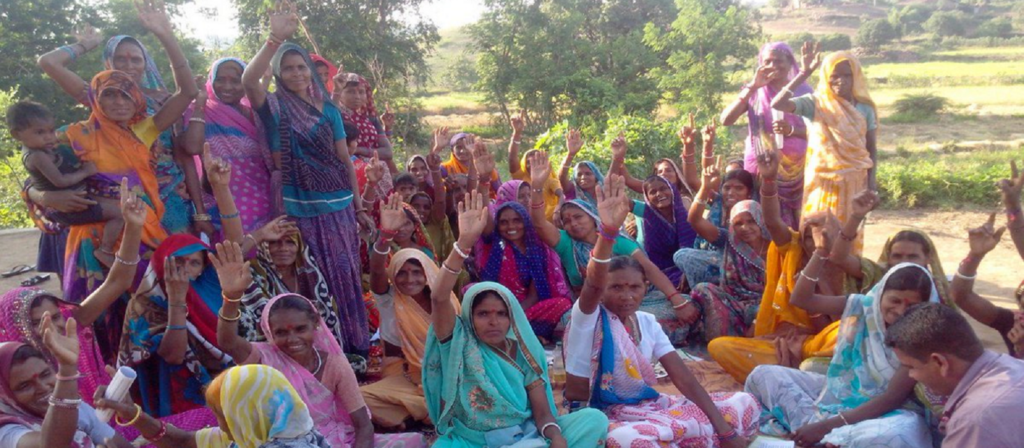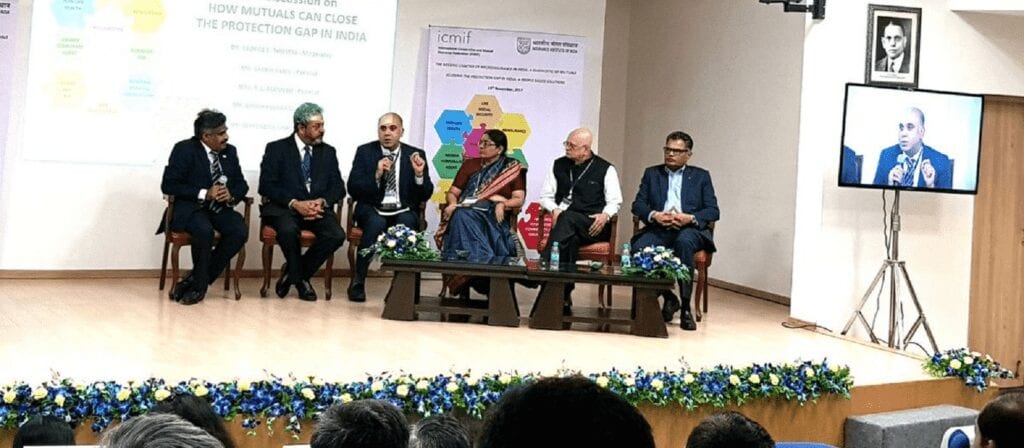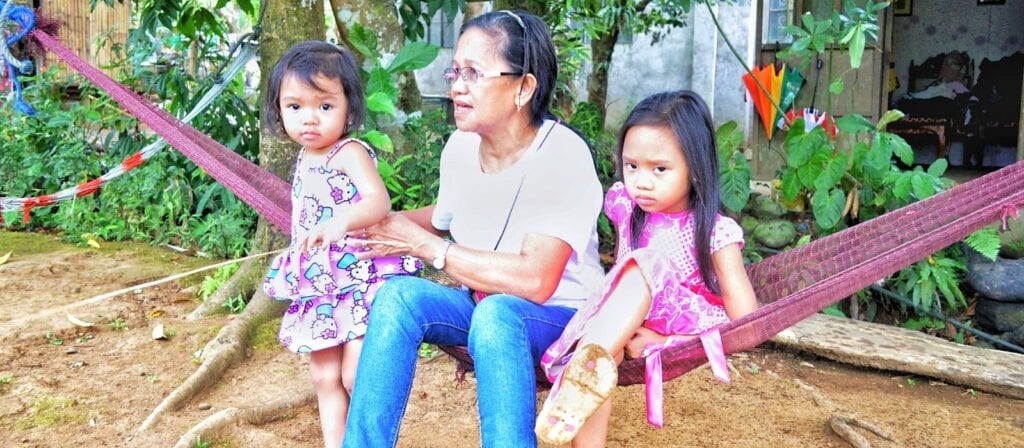In February 2020, Mirai Chatterjee, Principal of Indian ICMIF member, National Insurance VimoSEWA Cooperative Ltd (SEWA), was invited to chair the Committee on Standalone Microinsurance Company which had been set up by the Insurance Regulatory and Development Authority of India (IRDAI) to suggest steps to assess the desirability and feasibility of the formation of standalone microinsurance companies in India. The Committee was also charged with reviewing the existing legal and regulatory framework so that it might allow the creation of such microinsurance providers through an analysis of such provisions in other jurisdictions. The Report of the Committee on Standalone Micro-insurance Company has now been published and was presented to the Chairman and full Board of IRDAI on 30 September 2020 and it has also been shared on the IRDAI website as part of a public consultation process on the report’s findings. The report was also presented in a press meeting held by the VimoSEWA cooperative on Friday 16 October 2020 (read the press release).
The Committee benefitted from the participation of a number of microinsurance practitioners, insurance companies, and experts, both from India and overseas. The Committee examined regulatory and legal frameworks in various countries to see what impact these have had on the growth and outreach of microinsurance. Based on these deliberations whilst keeping in mind the challenges faced by India, the Committee developed a number of recommendations which were shared in the report for the IRDAI’s consideration.
The Committee consulted with national and international microinsurance practitioners and experts, including ICMIF, benefitting from what worked and what did not. Most of the Committee’s work was undertaken during the COVID-19 pandemic and so members could not meet in person, so instead they all convened online. All members contributed experiences and expertise, the external environment notwithstanding. They shared reports and wrote papers that helped deepen the Committee’s understanding of microinsurance and shaped its recommendations. Mirai Chatterjee said: “Working on this subject during the pandemic has only served to convince us of how crucial microinsurance coverage is for all, especially the most vulnerable — the working poor of our country.”
Other ICMIF members were consulted as part of the Committee’s work. They included Ahila Devi of the DHAN Foundation (India); Kumar Shailabh of Uplift Mutuals (India); May Dawat and colleagues from CARD-MBA (Philippines); Sanjeev Kumar of The Goat Trust (India); and Jun Jay Perez of RIMANSI (Philippines). Also assisting the panel was Sabbir Patel, Senior Vice-President, Emerging Markets at the International Cooperative and Mutual Insurance Federation (ICMIF) and CEO of the ICMIF Foundation.
VimoSEWA cooperative contributed its data to the Committee, and its CEO, Shreekant Kumar, worked with the IRDAI team to show how microinsurance business could be conducted in a viable manner with INR 50 million, 100 million and 200 million. This helped to bolster the case for reducing the capital requirement from the current INR 1 Billion.
Mirai Chatterjee summed up the importance of microinsurance for India saying: “We owe a debt of gratitude to all those policyholders who placed their faith in microinsurance and used their hard-earned money to secure their and their families’ future. We hope that this report will do justice to their hopes and dreams and will lead to the extension of microinsurance to all, particularly the most vulnerable of this country. We also hope that microinsurance will be one more tool for financial inclusion and social protection and will serve to keep families out of poverty. In addition, we firmly believe our report and its recommendations will contribute to help the women of our country achieve their goal of economic empowerment and self-reliance, thereby building a better and healthier India for us all.”
The report argues that the need for low-income families in India to take out insurance cannot be emphasised enough and must be a vital part of India’s financial inclusion plan. According to 2011-12 estimates, approximately 435 million people[1] constitute the informal or unorganised sector in India or more than 90 per cent of the workforce. It can be safely estimated that in the last decade, this figure has increased to at least 500 million[2]. These workers are the low-income segment of India’s population and need to be covered by microinsurance. For low-income families, calamities such as illnesses, accidents, death or the loss of assets often have very grave financial consequences. Such events can push these families deeper into poverty as their meagre resources get depleted. Many get drawn into debt traps as they borrow beyond their means, sell productive assets, take children out of school or put them to work, compromise on food, or leave sickness untreated. Microinsurance, the report argues, would provide a solution and stop these families from falling further and deeper into poverty.
The report has been published at a time when millions of Indians, especially in the informal sector, have lost their livelihoods to Covid-19 pandemic, and the Committee recommended that the entry level capital requirement for floating a standalone microinsurance company to be reduced from from the current requirement of INR 1 Billion to INR 50 million, 100 million and 200 million to help accelerate the expansion of the microinsurance market. The Committee states in the belief the report that the minimum capital requirement of INR 1 Billion stipulated under the Insurance Act has so far acted as the biggest impediment to the expansion of the microinsurance market in India. The Committee argues for the lowering of the minimum capital entry level to enable more microinsurance companies to be set up in India.
The report also found that India would need to improve access for multiple players (as seen in other countries) if it wants to increase insurance penetration substantially, the Committee suggested that microinsurance companies (as well as cooperatives and mutuals) should be allowed to act as composite insurers to transact both life and non-life business through a single entity. “Their portfolios should have a balance of both life and non-life business,” said the Committee.
However, these changes would require amendments to the Insurance Act, 1938 to bring the standalone microinsurance business under its supervision. This would include defining microinsurance and microinsurers in official terms; reducing the capital requirement and/or giving powers to insurance regulators to decide on capital requirements for standalone microinsurance companies. However, amending the Insurance Act 1938, the Committee said, may require time.
In the immediate term, the central government may be approached to issue rules under Section 24(2)(c) read with Section 14(2)(q) of IRDA Act, 1999 giving the IRDAI powers to put in place a regulatory framework for floating micro insurers. Such an approach was adopted by the government to allow insurers in special economic zones (SEZs) when there was no specific power with the IRDAI for regulating entities in SEZs said the Committee in its report.
The committee has also suggested that a Risk-based capital (RBC) approach should be adopted to enable the progressive growth of the microinsurance business while maintaining the highest prudential standards.
Referring to the low insurance penetration, the report said, “Dedicated standalone microinsurance institutions can close this gap by making insurance affordable and available to low-income families, thereby providing a measure of risk mitigation and security. The committee therefore recommends that the government and the IRDAI license such businesses which can cater to the low-income segment.”
The report also suggested that IRDAI and/or the central government may establish a Microinsurance Development Fund.
Download the Report of the Committee on Standalone Micro-insurance Company.
Photo shows: Mirai Chatterjee addressing shareholders of the National Insurance VimoSEWA Cooperative during an Annual General Meeting (AGM).
[1] Srija, A and Shirke, Shrinivas V., An Analysis of the Informal Labour Market in India Confederation of Indian Industry report pg 41 https://www.ies.gov.in/pdfs/CII%20EM-october-2014.pdf]
[2] National database of workers in informal sector in the works, The Economic Times [https://economictimes.indiatimes.com/news/economy/indicators/national-database-of-workers-in-informal-sector-in-the-works/articleshow/73394732.cms]
